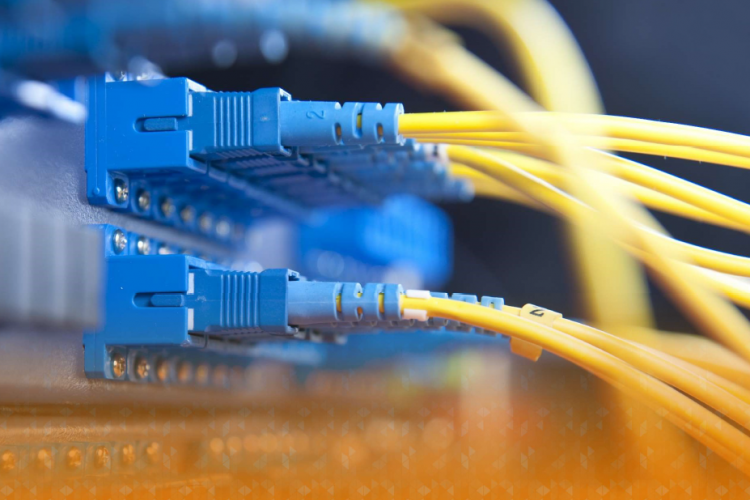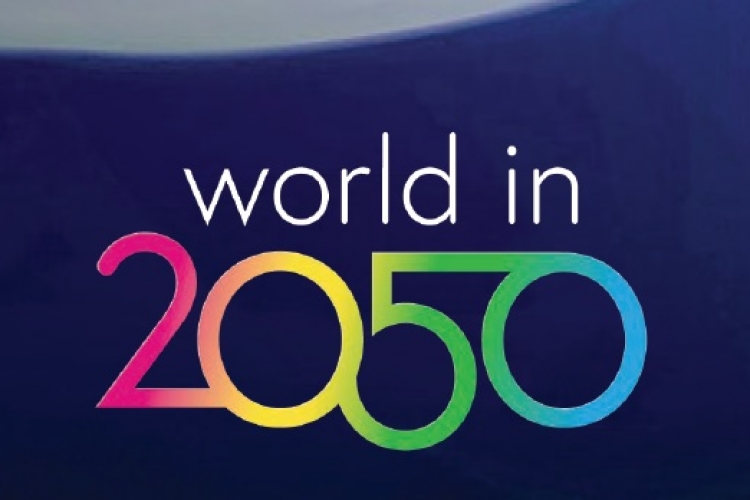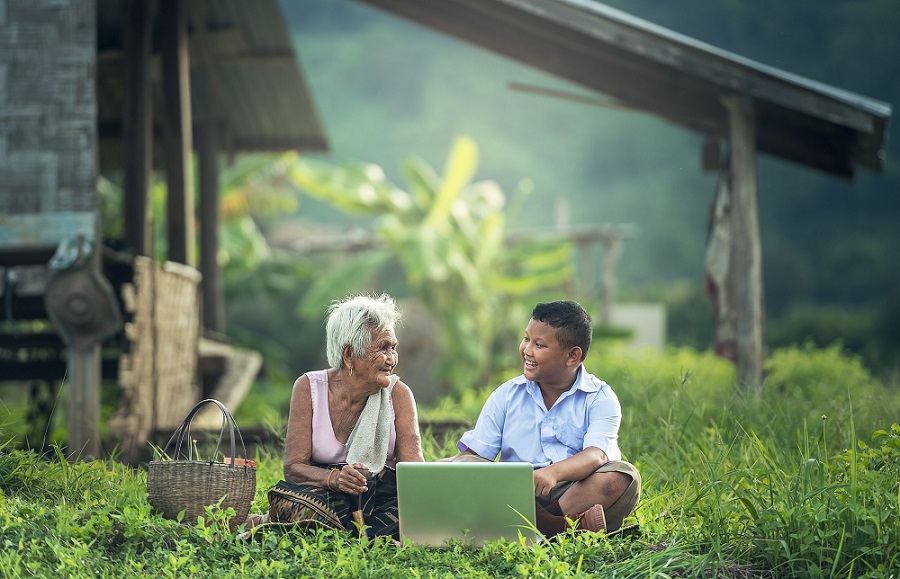Measuring the Digital Divide in the Asia-Pacific Region for the United Nations Economic and Social Commission for Asia and the Pacific
This report’s findings suggest that the best way to measure the digital divide in the Asia-Pacific region is to use a multidimensional approach that captures the economic, social, political and cultural complexities of the digital divide, and reflects on their impact on individuals, businesses and governments.










